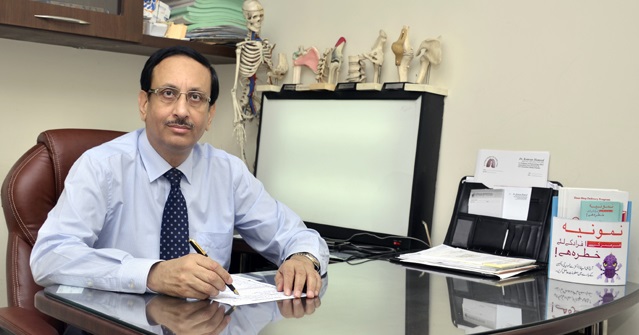The quantity of testosterone in the body defines and develops male characteristics, such as voice, depth, facial hair, large muscles, and sperm production. And while levels of this hormone start declining after age 30, lower-than-normal testosterone levels can affect sex drive, muscle strength, and bone density. Get your hormone levels checked by an endocrinologist.
Migraines and persistent headaches also often accompany low T. Here we look into the possible connection between low T and headaches, and whether one causes the other:
Table of Contents
Migraines and The Estrogen Effect:
Estrogen and progesterone (testosterone’s female counterpart) levels fluctuate during menstruation, pregnancy and menopause. These fluctuations have widely been known to be a common causative factor of migraine and other cluster headaches in women, often stopping entirely post-menopause; when estrogen production stops.
However, despite representing opposite gender characteristics, testosterone and estrogen are present in both men and women. It is this estrogen-testosterone imbalance that may contribute towards migraine in men with low testosterone levels. In such cases, estrogen production increases, while testosterone levels reduce or remain the same. Testosterone replacement therapy, which is commonly used for low T treatment, has been proposed for treating migraines in men and women.
The Research:
Multiple studies have focused on the effect of low testosterone and high estrogen levels on migraine and generalized headaches in men, along with the effect of Low T therapy on migraine treatment. Some of the most popular include:
- A 2018 Leiden University Medical Centre, Netherlands study , in which researchers took blood samples from 39 men of similar age and health; 17 of whom already suffered from regular migraines. According to the results, estrogen levels in migraine sufferers were 50% higher than their non-migraine peers, despite having similar, normal levels of testosterone.
- A 2012 study published in the post-reproductive health journal Maturitas observed the effect of testosterone therapy in pre- and postmenopausal women with migraines. According to the results, implanting small testosterone pellets under the skin relieved the condition equally in both groups.
The Other Scenario:
While reduced production in male reproductive organs is the prime cause of low T, a small number of men with migraine and low T may have low levels of the hormone due to an abnormality in the pituitary gland, which is responsible for hormone production and regulation. This increases the likelihood of other hormonal deficiencies being the prime cause of migraines instead of, or in addition to, testosterone deficiency.
The Migraine Benefits of Low-T Treatment:
While more research is needed before the mass employment of testosterone therapy for treating migraines in men and some women, the treatment can help relieve migraines in the following ways:
- Increasing serotonin levels (a substance that facilitates communication within the brain).
- Improving brain blood flow by widening blood vessels in the brain; a common cause of migraine.
- Reducing swelling in the brain.
- Resuming normal electrical activity in the brain by stopping Cortical Spreading Depression (CSD).
The Risks:
Careful consideration is required before opting for low T therapy due to multiple possible health risks for men:
- Increased risk of prostate cancer, heart attack, stroke, and death
- Fertility issues due to reduced sperm production
- Breast and prostate enlargement
- Blood clots in veins
- Acne and oily skin
- Testicle shrinkage
- Sleep apnea
In women, the therapy has the following side-effects:
- Facial and body hair
- Male-pattern hair loss
- Oily skin and acne
- Deep voice
Despite the above-stated risks, low T therapy remains a highly effective medical treatment for stabilizing testosterone levels. If you suspect a testosterone-estrogen imbalance to be the cause of your migraines, consult with your doctor for a proper diagnosis, and whether low T therapy is for you.
You can also book an appointment with a top Endocrinologist in Lahore, Karachi and Islamabad through oladoc.com, or call our helpline at 042-3890-0939 for assistance to find the RIGHT Doctor for your hormonal concerns.











